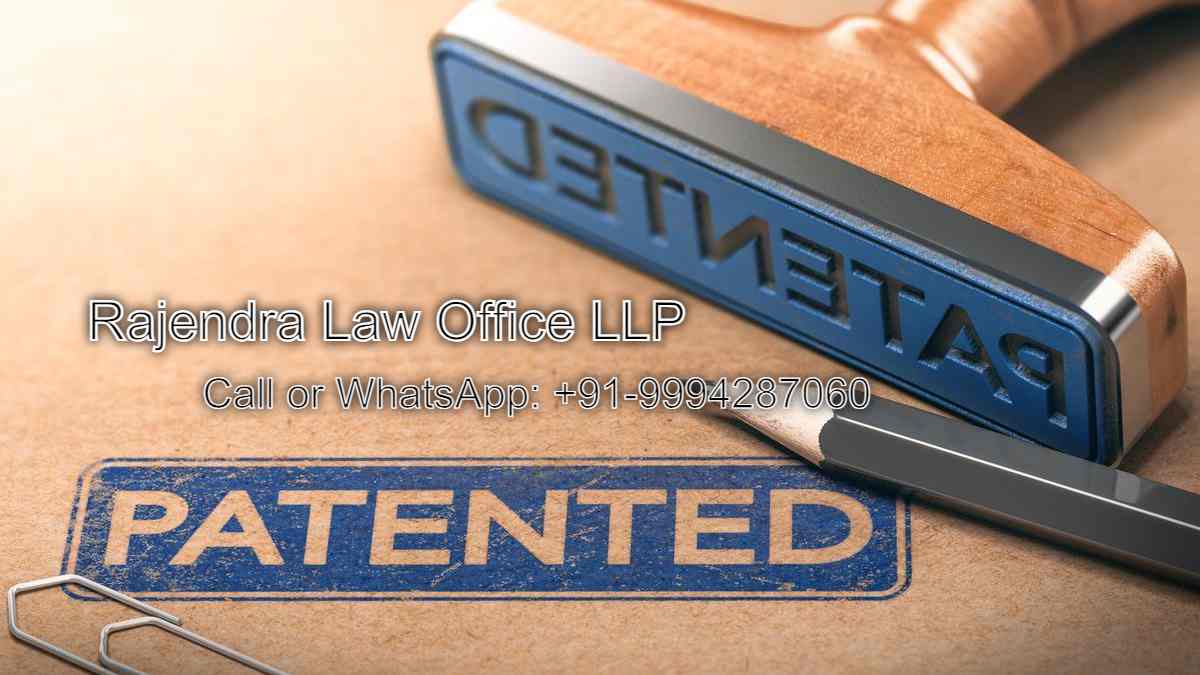In the intricate world of legal jurisdiction and patent disputes, the Madras High Court’s recent ruling has brought clarity to the concept of forum conveniens. Rejecting an appeal that challenged the territorial jurisdiction based on the location of a “convenient patent office,” the court asserted its authority when a portion of the cause of action arises within its territory. This landmark decision, explored in-depth in this article, not only navigates the complex legal dynamics surrounding patent disputes but also underscores the evolving impact of technology on legal proceedings, urging a recalibration of traditional notions for a fair and just legal landscape.
When Cause Of Action Partly Arose In Chennai, HC Has Territorial Jurisdiction Irrespective Of Location Of “Convenient Patent Office”: High Court

Court Rejects Forum Conveniens Appeal in IPR Jurisdiction Dispute
In a recent development, the Madras High Court emphatically rejected an appeal centered on the concept of forum conveniens. The court, consisting of Chief Justice SV Gangapurwala and Justice Bharatha Chakravarthy, asserted that regardless of the location of the appropriate patent office, the High Court retains territorial jurisdiction if even a fraction of the cause of action transpires within its territory. Here’s a breakdown of the court’s key observations and the intricacies of the case:
1. Context of the Dispute
The court was addressing an appeal lodged by Canada-based company University Health Network against a single judge’s order rejecting a preliminary objection related to the place of suing. The appellant contended that since the patent application and opposition both occurred in Delhi, the Delhi High Court should have jurisdiction based on forum conveniens.
2. Chennai’s Stronger Foothold
Dismissing the appellant’s argument, the court found Chennai to have a more substantial connection to the case. This decision was grounded in the fact that the original petitioner held a patent and conducted business in Chennai. The hearing on the opposition to the patent grant also took place in Chennai, making it a pivotal part of the cause of action.
3. Technological Evolution and Legal Dynamics
Acknowledging the impact of technology on legal proceedings, the court highlighted the recalibration needed in understanding forum conveniens and prejudice. In an era of quick communication and virtual hearings, the traditional notions surrounding these legal concepts require reevaluation.
4. Background of the Patent Dispute
The dispute revolved around a patent related to Optoelectronics held by the respondent (writ petitioner). The appellant filed a patent application in Delhi, leading to a pre-grant opposition in the Chennai Patent Controller’s office Jurisdiction. Critical events, including physical hearings, examination of the patent, and rejection of opposition, occurred in Chennai.
5. Jurisdiction and Principles of Natural Justice
The single judge, while granting an interim order against the appellant, found prima facie evidence of a non-consideration of materials, violating principles of natural justice. The appellant’s plea to vacate the interim stay was rejected, leading to the current appeal.
Read More
Intellectual Property Rights Attorneys: How to choose the right one?
Chennai Patent Lawyers: How to find the Best IPR Legal Services?
Indian Courts and Jurisdiction: How to find a suitable court?
Money laundering is a serious crime than murder
Query on state and district consumer forum proceedings
Conclusion
In conclusion, the Madras High Court’s ruling reinforces the significance of the territorial element in determining Patent jurisdiction, emphasizing that even in the digital age, geographical connections remain integral to legal proceedings. The decision also reflects the court’s commitment to ensuring a fair and just hearing, even as technological advancements reshape legal landscapes.
- Counsel for Appellant: Mr. Satish Parasaran, Senior Counsel for Mr. K. Premchandar
- Counsel for Respondents: Mrs. Vindhya S. Mani, Ms. Krithika Jaganathan
- Case Title: University Health Network v Adiuvo Diagnostics Private Limited and Others
- Case No: Writ Appeal No. 3076 of 2023

